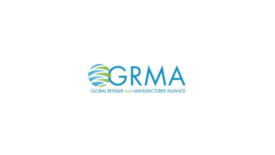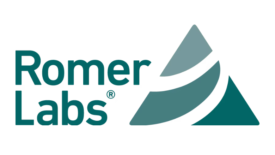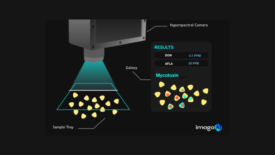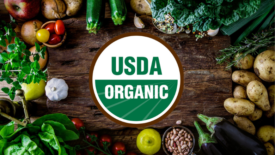Home » certification
Articles Tagged with ''certification''
The transportation of bulk food within supply chains presents unique risks, particularly regarding the cleaning processes between loads in different countries and organizations
Read More
Never miss the latest news and trends driving the food safety industry
eNewsletter | Website | eMagazine
JOIN TODAY!Copyright ©2025. All Rights Reserved BNP Media.
Design, CMS, Hosting & Web Development :: ePublishing










